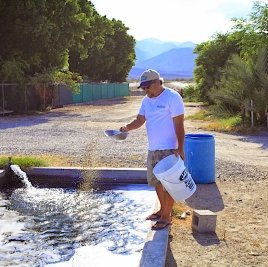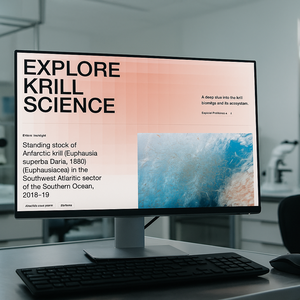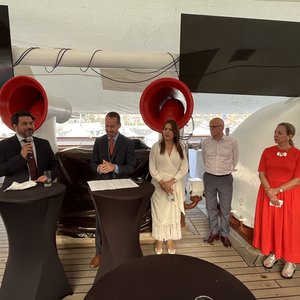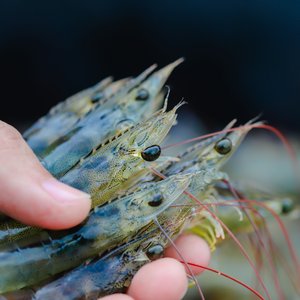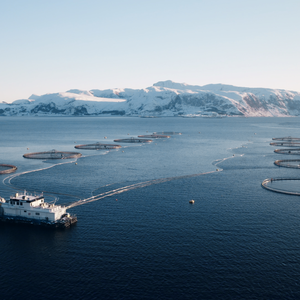At present, there is an insufficient number and range of medicines to prevent and treat diseases in animals in the EU. This is especially the case for animals considered as ‘minor species’ such as fish. The lack of suitable veterinary medicines results in poorer animal health and welfare, increased risks for human health, and economic and competitive disadvantages for EU farmers.The EU Commission has adopted proposals on veterinary medicinal products and medicated feed that will make more medicines available in the EU, to improve health and wellbeing, to tackle antimicrobial resistance (AMR) in the EU and to foster innovation.
The proposed rules will benefit animals – including aquatic species, their holders, pet owners, veterinarians and businesses - including the pharmaceutical and feed industries, in the EU.
Tonio Borg, European Commissioner for Health, said: \"These proposals both have animal health and welfare at their heart. However, they also represent a major step forward for public health as they introduce measures that contribute towards combatting the growing threat of antimicrobial resistance (AMR), keeping antibiotics effective for people and animals alike.”
Proposal on veterinary medicinal products
With its proposal, the Commission aims to tailor legislation on veterinary medicines to the needs of the veterinary sector whilst continuing to ensure a high level of public and animal health and a safe environment.
The proposed Regulation builds upon existing EU rules for veterinary medicines which ensure that only medicines that have been granted a marketing authorization can be placed on the market. However, rules are simplified to ensure the development of suitable medicines for animals in the EU. This reduction in red tape will concern both the marketing authorisation procedure and the monitoring of side effects (pharmacovigilance).
The proposed rules are particularly timely for minor species such as fish and other aquatic animals, for which available medicines are currently lacking.
To combat AMR and to help keep antibiotics effective in humans and animals, the proposal introduces the possibility of restricting the authorisation and use in animals of certain antimicrobials that are reserved to treat human infections.
Proposal on medicated feed
The proposed Regulation will repeal and substitute the outdated Directive (90/167/EEC) on the manufacture, placing on the market and use of medicated feed. After veterinary prescriptions, medicated feed is an important route for administering veterinary medicines to animals. Its aim is to harmonise the production standards and marketing of medicated feed in the EU at an appropriate safety level, and to reflect technical and scientific progress in this area.
The proposed rules will ensure that medicated feed can only be manufactured from specifically authorised veterinary medicines and by approved manufacturers. AMR will be tackled through measures such as a ban on medicated feed being used preventively or as growth promoters. Additionally, EU wide residue limits for veterinary medicines in ordinary feed are established at a limit to avoid the development of AMR.
The scope of the proposal explicitly includes medicated feed for pets, so that pets – especially those with chronic diseases, can be treated more easily with innovative medicated pet food.
Other EU institutions, including the European Parliament and the Council, will consider the Commission’s proposals and will adopt their positions in due course, in accordance with the co-decision procedure.


